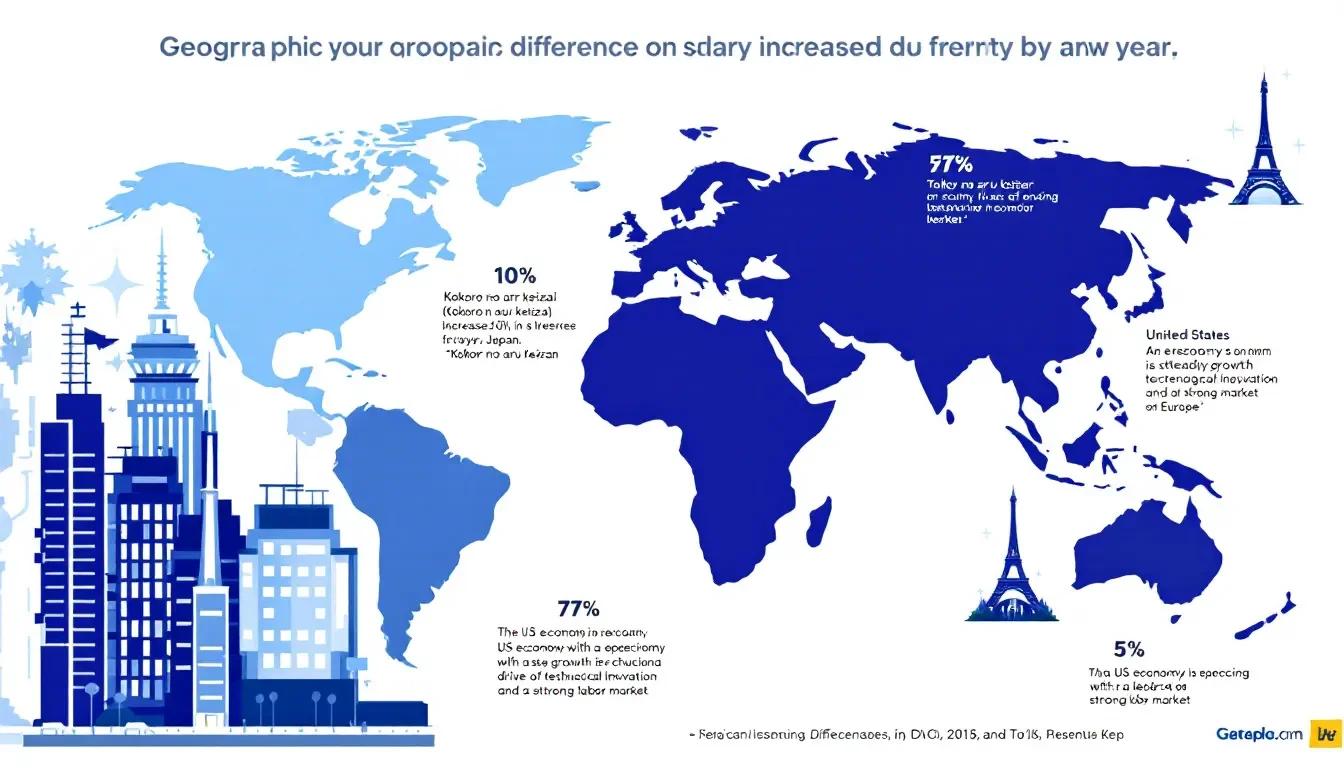Looking for the best salary comparison tool? This article compares Salary.com vs Payscale, focusing on features, pricing, and ease of use, to help you check and make the right choice.
Best for All Around Compensation Benchmarking, User Friendly Interface and Affordability: SalaryCube
Evaluating features and pricing options is crucial in selecting a salary comparison tool. Salary.com offers real-time job market data, aiding in the development of competitive compensation plans. Payscale provides real-time compensation analysis using advanced AI technology to boost productivity. Salary.com and Payscale boast some of the largest datasets available, ensuring comprehensive and reliable salary benchmarking.
SalaryCube stands out for its affordability and user-friendly interface. The annual subscription cost for Salary.com ranges from $3-4K, while Payscale’s annual subscription cost is between $6-10K. Transparency in pricing and the value offered by each tool are critical factors to consider.
Understanding Your Needs and Goals
Understanding your needs and goals is vital in selecting a salary comparison tool. Organizations using Salary.com benefit from detailed salary surveys and external market data to inform compensation decisions. Payscale’s data assists organizations in making informed compensation decisions. Salary.com also updates its pay information monthly, ensuring users have access to the latest data. Organizations can also learn more about
effective compensation strategies
by exploring additional resources provided by these platforms.
Interactive data visualizations in SalaryCube simplify the interpretation of complex compensation data. User-friendly interfaces significantly affect ease of navigation through salary comparison tools.
Compensation Management
Compensation management is a critical aspect of human resources, as it involves managing salary structures, pay equity, and total rewards to ensure that employees are fairly compensated for their work. Effective compensation management requires accurate data and insights to make informed decisions about pay, benefits, and other forms of compensation.
Payscale lets users access a wide range of compensation data, including salary ranges, benefits, and other forms of compensation, to help employers make informed decisions about pay. This comprehensive data is invaluable for small businesses looking to manage their salary structures and ensure pay equity. By providing access to accurate data and insights, compensation management software like Payscale can help employers create competitive salary structures that attract and retain top talent, while also ensuring compliance with relevant laws and regulations.
Managing Salary Structures
Managing
salary structures
involves creating a fair and competitive pay system that rewards employees for their skills, experience, and contributions to the organization. To manage salary structures effectively, employers need to have access to accurate data on market rates, industry standards, and internal equity.
Payscale provides employers with the data and insights they need to manage their salary structures effectively, including salary ranges, benefits, and other forms of compensation. By using Payscale, employers can create salary structures that are tailored to their specific needs and goals, while also ensuring that they are competitive with other companies in their industry. Effective salary structure management can help employers to attract and retain top talent, improve employee satisfaction and engagement, and reduce turnover and recruitment costs.
Summary
In summary, choosing the right salary comparison tool depends on your specific needs. SalaryCube is best for affordability and a user-friendly interface, Salary.com excels in comprehensive compensation strategies, and Payscale.com offers extensive data and resources. These tools provide comprehensive compensation data across various locations, ensuring that businesses can make informed decisions during salary negotiations. Make informed decisions to manage salary structures effectively.
Frequently Asked Questions
What is the best salary comparison tool for small businesses?
SalaryCube stands out as the best salary comparison tool for small businesses because it is both affordable and user-friendly. It effectively meets the needs of small enterprises in assessing competitive salaries.
Which tool offers the most extensive salary data?
Payscale.com offers the most extensive salary data and resources, making it a valuable tool for salary research.
Are there free salary comparison tools available?
Absolutely, you can find free salary comparison tools on platforms like BLS, ZipRecruiter, and Indeed. These resources can provide valuable insights into salary benchmarks for your industry.
What makes Salary.com suitable for international compensation strategies?
Salary.com is suitable for international compensation strategies due to its provision of real-time job posting data and market pricing capabilities, ensuring accurate and competitive salary benchmarking across different regions.
How can I choose the best salary comparison tool for my organization?
To choose the best salary comparison tool for your organization, focus on data quality, user interface, pricing, and your specific organizational needs. Selecting the right tool will ensure you make informed compensation decisions.
The Ultimate Compa Ratio Calculator: Calculate Employee Salaries with Ease
Are you struggling to determine fair and competitive salaries for your employees? Do you need a reliable method to calculate employee compensation that consider

Understanding What Is Average Salary Increase Per Year in 2025
Curious about what is average salary increase per year? For 2024, it was around 4%, with many companies estimating increases to be between 3% and 5% on average
